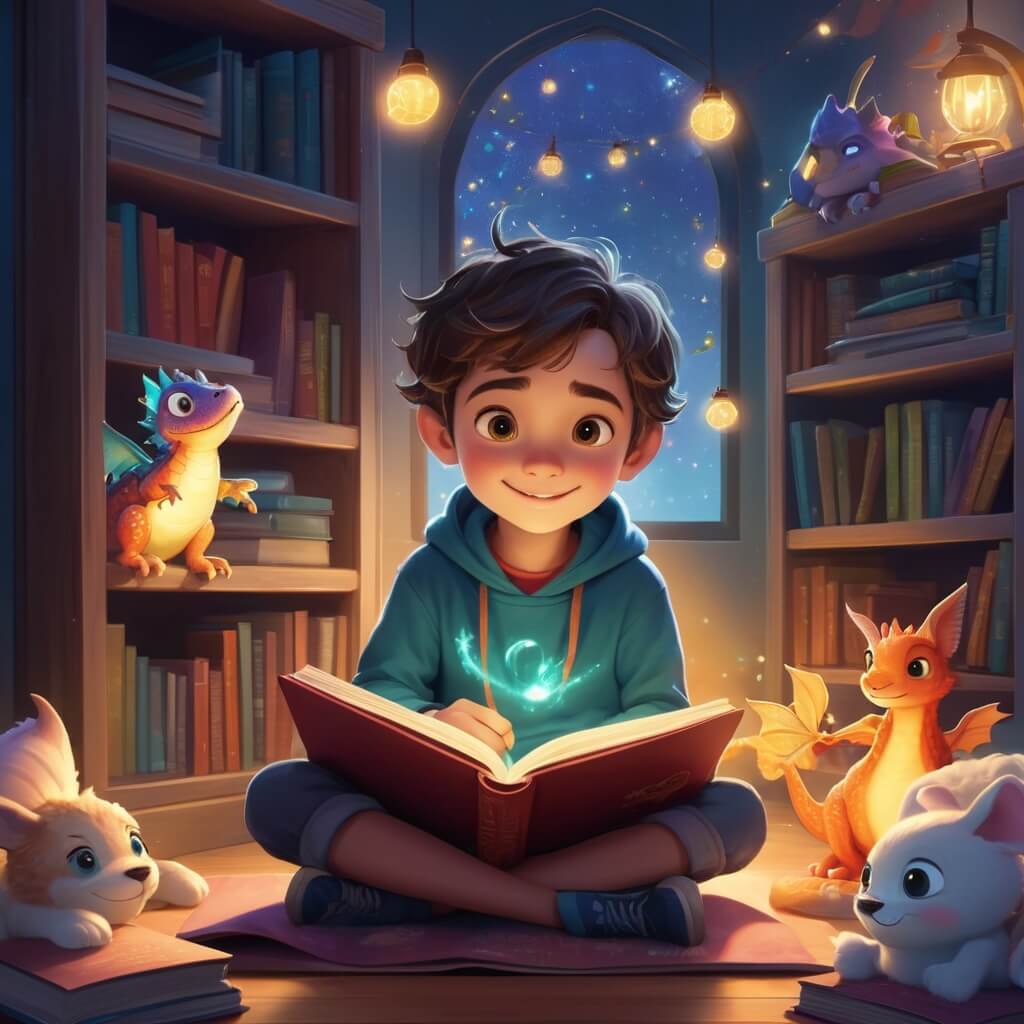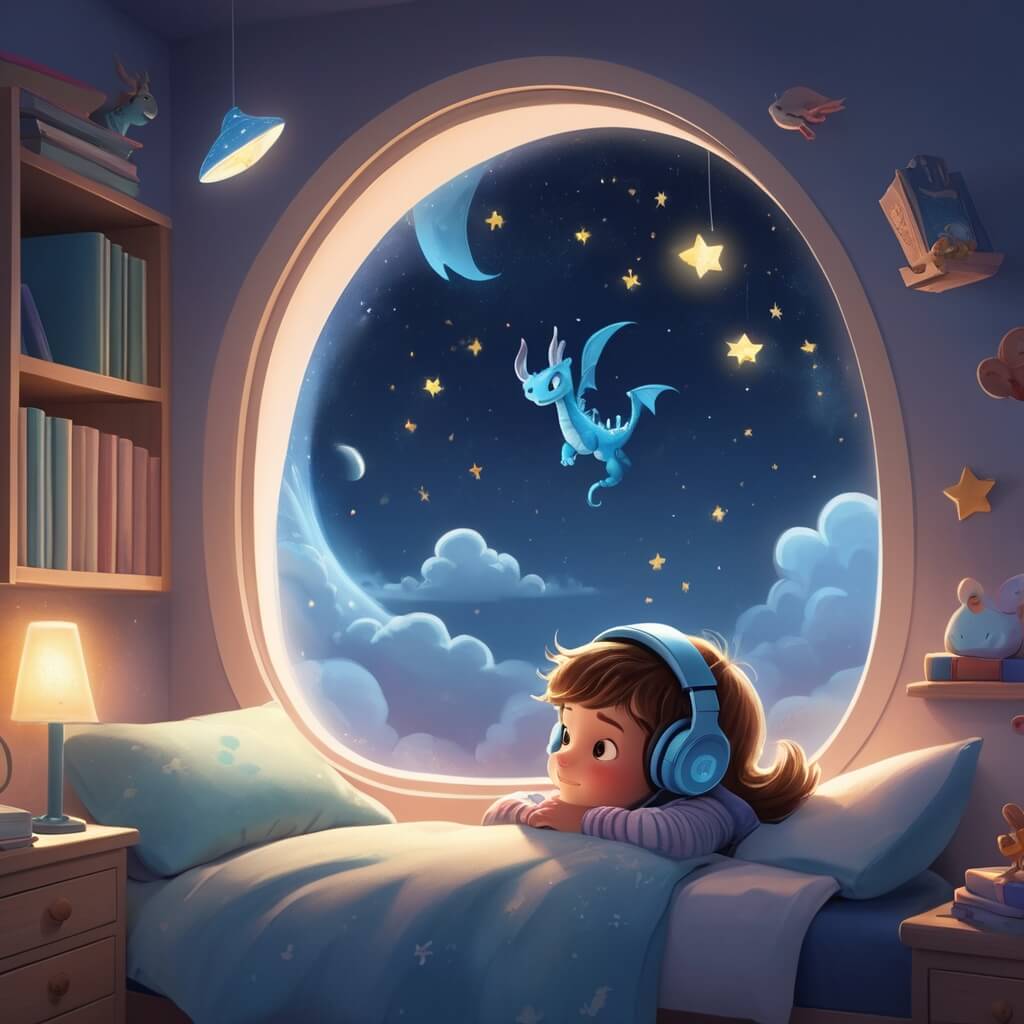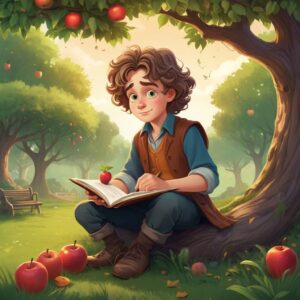How Audiobooks and Music Boost Kids’ Learning and Sleep Quality
🎧 How Audiobooks and Music Impact Kids’ Brains and Sleep Patterns
Parents today are always on the lookout for ways to enrich their children’s lives through smarter learning tools and better sleep habits. Naturally, many wonder: Are audiobooks good for kids’ brains? Does music help kids sleep better? And how effective are audiobooks for learning? Let’s dive deep into these fascinating topics and explore how sound, in its various forms, influences young minds.
🎙️ Are Audiobooks Good for Kids’ Brains?
There’s a growing body of research that suggests audiobooks can be incredibly beneficial for a child’s cognitive development. Listening carefully to stories strengthens comprehension skills, vocabulary, and overall listening abilities. But how exactly does this work?
- Enhanced Language Skills: Exposure to rich vocabulary and complex sentence structures improves language acquisition.
- Imagination Booster: Without visual cues, kids must create mental images, enhancing creativity and visualization skills.
- Improved Focus: Kids practice sustained attention, a crucial life skill, while listening to longer narratives.
In fact, according to a study published in the Journal of Neuroscience, storytelling activates sensory, emotional, and cognitive areas of the brain. Kids who consistently engage with audiobooks develop sharper listening and critical thinking skills compared to non-listeners.
🎵 Does Music Help Kids Sleep Better?
Music has always been known to have calming effects on people of all ages. But when it comes to children, soothing music can be a game-changer for sleep routines.
According to the Sleep Foundation, lullabies and calm instrumental music can slow down a child’s heart rate and breathing, preparing their body to transition into sleep mode. Here’s how music can help:
- Reduces Anxiety: Soft tunes ease bedtime fears and create a peaceful environment.
- Promotes Routine: When used consistently, music becomes a sleep cue for the body and mind.
- Enhances Sleep Quality: Studies show better sleep efficiency among kids who listen to music at night.
Choosing the right type of music matters. Opt for classical, acoustic, or nature sounds to create a serene atmosphere. To explore more about fearless and inspiring children who might inspire your kids’ bedtime stories, consider visiting our Courageous Changemakers category.
📚 How Effective Are Audiobooks for Learning?
When we think of education, traditional reading often takes center stage. However, audiobooks are carving a significant space as a legitimate learning tool.
Engagement and Comprehension
Listening to audiobooks can keep students engaged for longer periods, especially reluctant readers. Audiobooks allow children to access content above their reading level, helping them learn difficult concepts without decoding struggles.
Multi-Sensory Learning
For auditory learners, hearing information enhances retention. Combining listening with digital discussions or related activities can make learning holistic. Even famous platforms like Britannica Kids advocate for using multiple channels for enriched education.
Looking for adventurous kids who turned into trailblazers? Check out our inspiring stories in the Adventurous Trailblazers section!
💤 Do Sound Machines Help Children Sleep?
Parents often ask, “Do sound machines help children sleep?” The short, sweet answer is yes—but with a few caveats.
Sound machines create consistent, soothing background noise that can drown out sudden disturbances like loud outside sounds or creaky floors—which are notorious for waking light sleepers during sensitive sleep cycles.
- Reduces Sudden Wake-ups: Consistent white noise keeps startle reflexes in check.
- Establishes Consistent Sleep Patterns: Routine background noise serves as a powerful sleep cue.
- Comfort for Newborns: White noise mimics the womb’s environment, creating a safe and familiar space for infants.
However, medical experts suggest maintaining a moderate volume level and placing sound machines at a safe distance from the crib or bed to avoid potential hearing risks.
👶 What Age Group Listens to Audiobooks?
Now that we’ve explored their benefits, who exactly are the biggest fans of audiobooks among children?
Early Childhood (Ages 3-6)
In this age group, audiobooks with rich sounds, music, and expressive narration captivate children’s attention. Simple, rhythmic, and repetitious stories help enhance literacy skills even before they start reading themselves.
Middle Childhood (Ages 7-12)
This is where audiobooks become a powerful medium. Kids in this group can tackle chapter books, series, and more complex narratives, using audiobooks to supplement school reading and explore diverse genres.
Teens (Ages 13+)
Even teenagers find value in audiobooks—for multitasking during chores or savoring epic sagas while relaxing. Complex themes, historical adventures, and motivational biographies often resonate strongly with this group.
Looking for inspiring stories for growing minds? Dive into our Inspiring Innovators category and discover heroes who changed the world!
🎯 Final Thoughts: Are Audiobooks and Music the Secret Tools for Smarter, Happier Kids?
From brain development to better sleep, sounds—whether through audiobooks, music, or sound machines—play profound roles in shaping children’s minds and daily experiences. Understanding how effective audiobooks are for learning and realizing that music helps kids sleep better shifts how we approach child development holistically.
Ready to ignite your child’s imagination even further? Don’t forget to explore our Audio Story category for captivating bedtime tales and incredible journeys!
By integrating listening into daily routines, parents are not just entertaining their kids; they are helping build sharper, more imaginative, and emotionally balanced individuals. 🎧✨














Post Comment